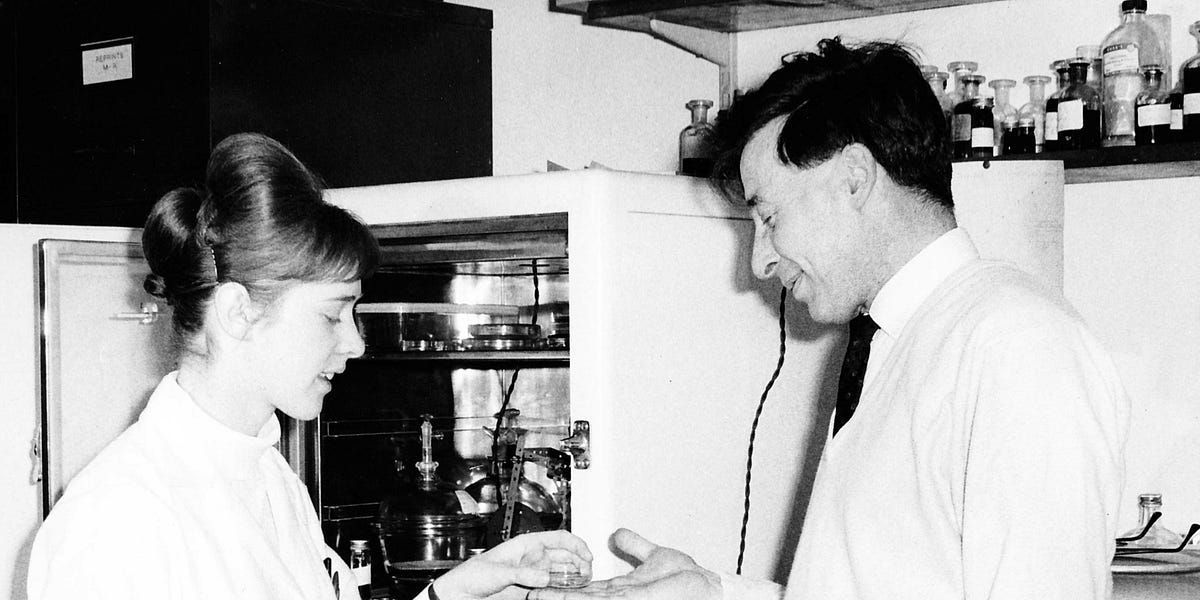Top 10 Fertility Myths with Dr. Marika Raff and Dr. Lee Caperton
Fertility is a deeply personal journey, and with so much information circulating online and through word of mouth, it’s easy to get caught up in myths and misconceptions. That's why Dr. Marika Raff and Dr. Lee Caperton, experts from Caperton Fertility Institute, are here to set the record straight by debunking the top 10 fertility myths that may be holding you back or causing unnecessary confusion.
Watch the video below to learn the truth behind these common fertility myths!
Here’s a sneak peek at some of the myths they discuss:
1. Women Can Get Pregnant Anytime During Their Cycle
This is one of the most common misconceptions. Dr. Raff explains that a woman can only conceive during a small window around ovulation, and tracking your ovulation can be a crucial tool for increasing your chances of pregnancy.
2. Age Doesn't Affect Fertility Until After 40
While fertility does decline more sharply after 40, Dr. Caperton shares how it actually begins to drop in a woman's early 30s, with noticeable changes by 35. Understanding your fertility timeline is important for making informed decisions.
3. IVF is Only for Women Who Can’t Conceive Naturally
Many believe that in vitro fertilization (IVF) is a last resort, but Dr. Raff clarifies how IVF can be part of many fertility plans, from male infertility factors to genetic screening and more.
4. Stress Causes Infertility
Stress is often blamed for fertility problems, but Dr. Caperton dives into why stress, while important to manage, is not a direct cause of infertility.
More Myths Covered:
- If you've had one child, you won't have trouble conceiving again.
- Infertility is always a woman's issue.
- Birth control causes long-term infertility.
- Lifestyle choices don’t affect fertility.
- And more...
Through these expert explanations, you'll gain a clearer understanding of what’s fact and what’s fiction, empowering you to make more informed choices about your fertility journey.
At Caperton Fertility Institute, we believe in providing our patients with compassionate, personalized care tailored to their specific needs. We know that fertility is complex, and every individual and couple’s journey is different. If you have any questions or concerns about your fertility, don’t hesitate to reach out to our team.
Watch the full video above to learn more from Dr. Marika Raff and Dr. Lee Caperton!
For more information or to schedule a consultation, visit Caperton Fertility Institute. We’re here to help guide you through your fertility journey with the expertise and support you deserve.
Caperton Fertility Institute – Your Fertility Experts in Albuquerque, NM and El Paso, TX



